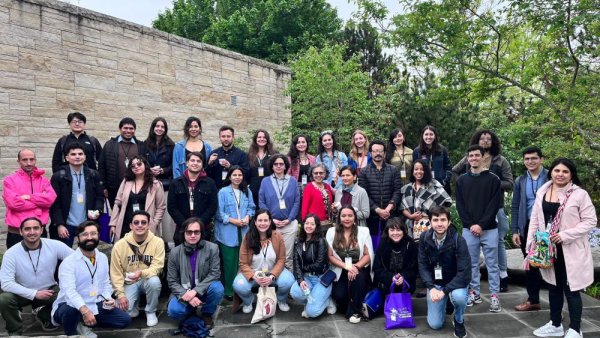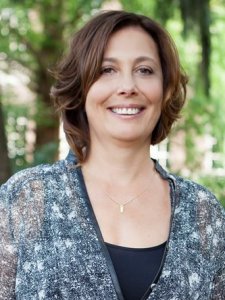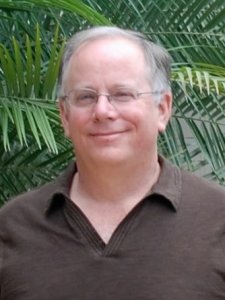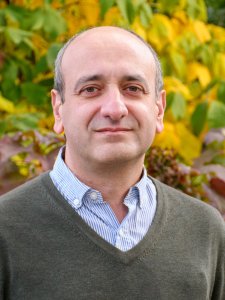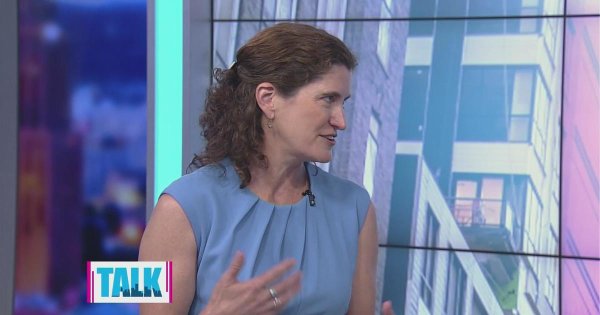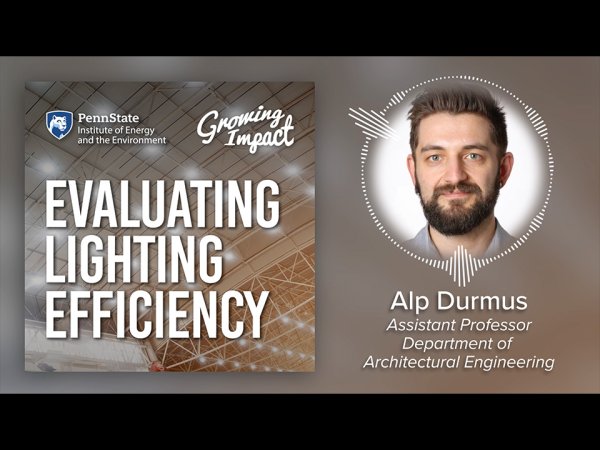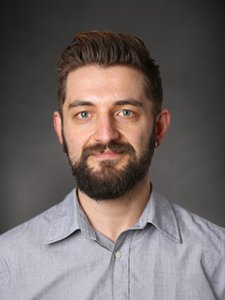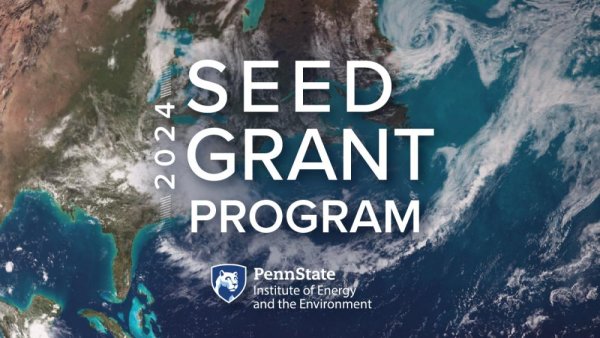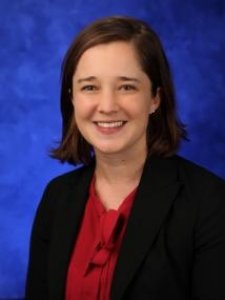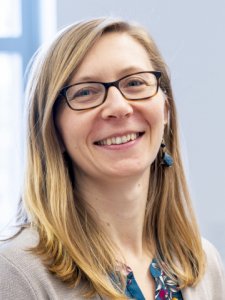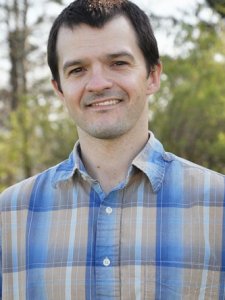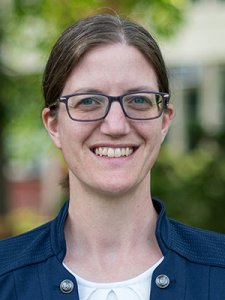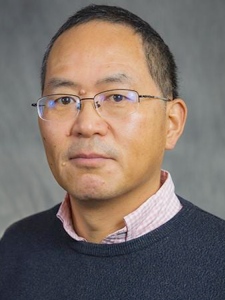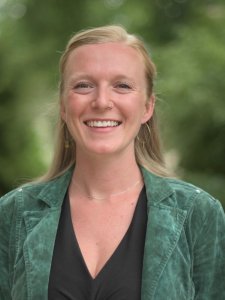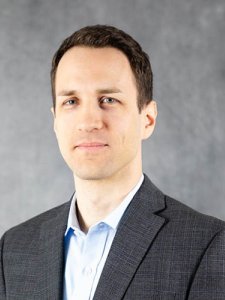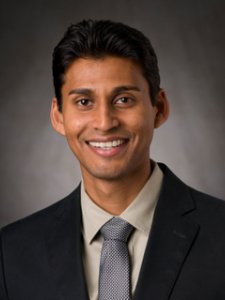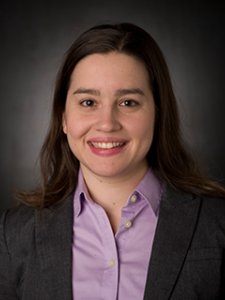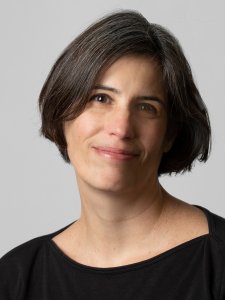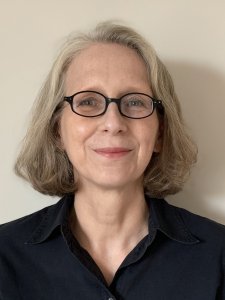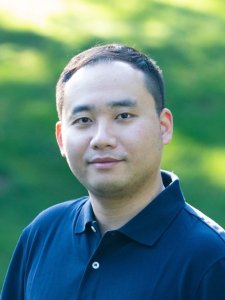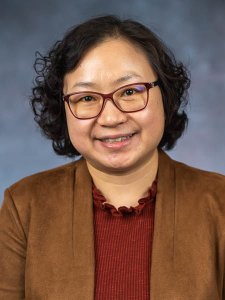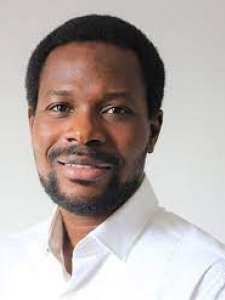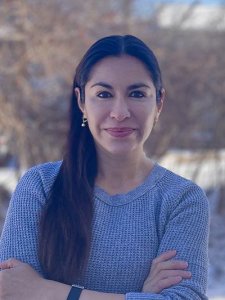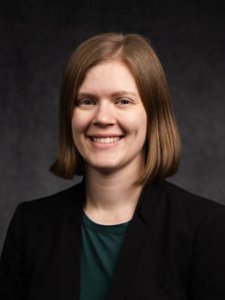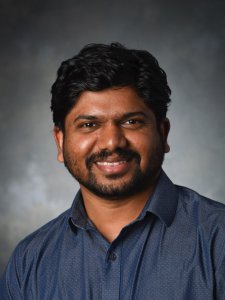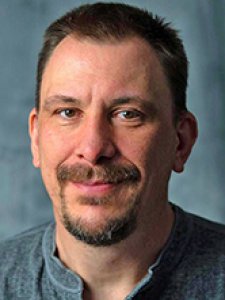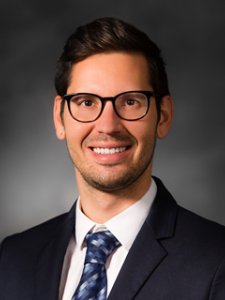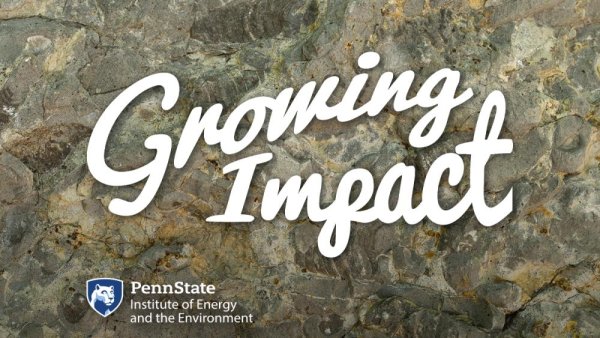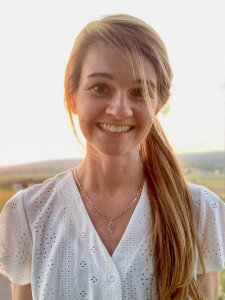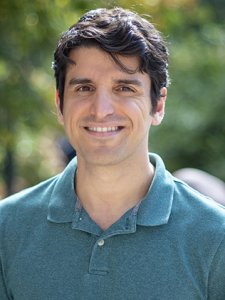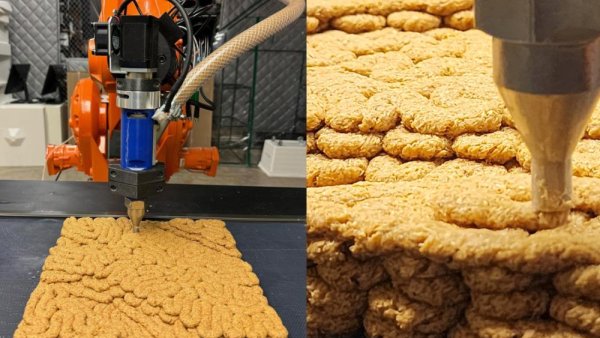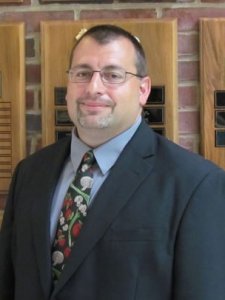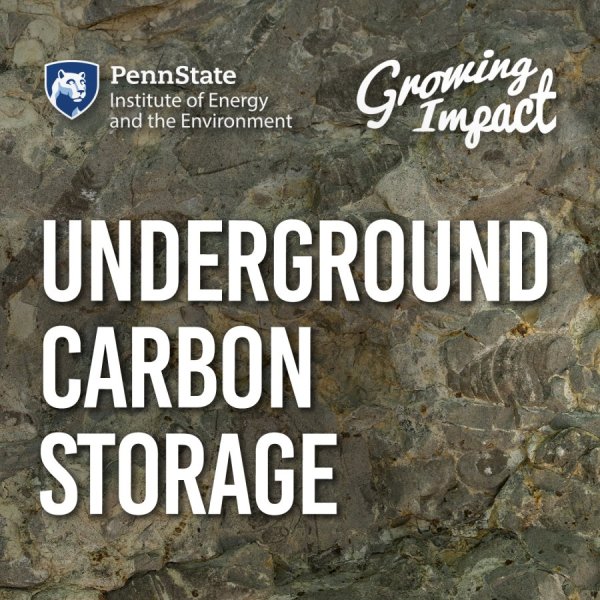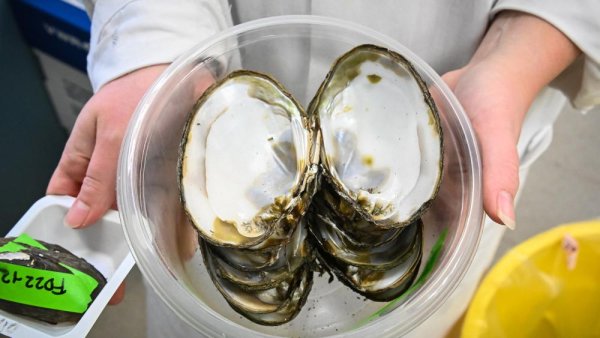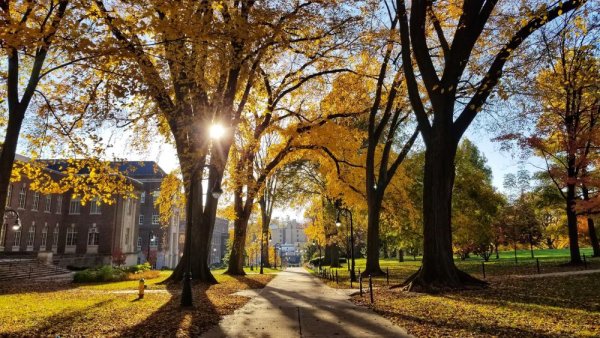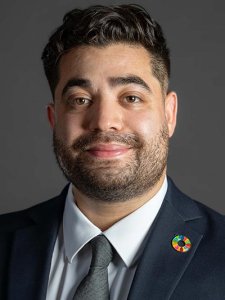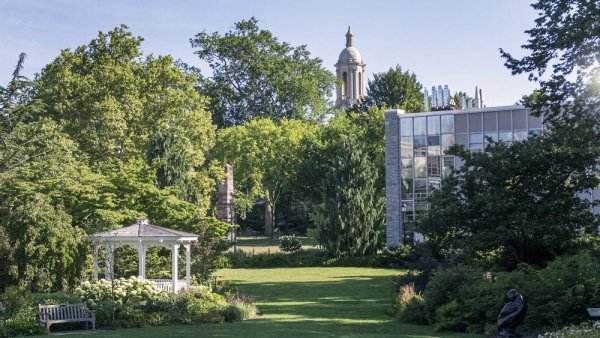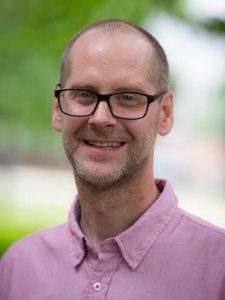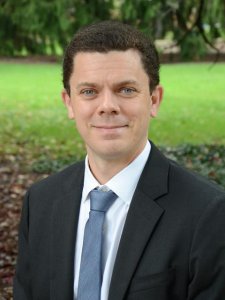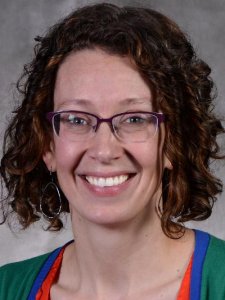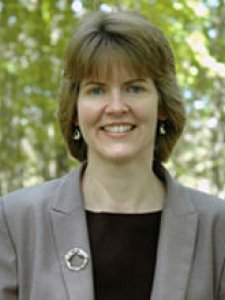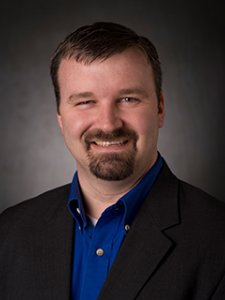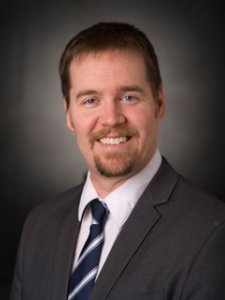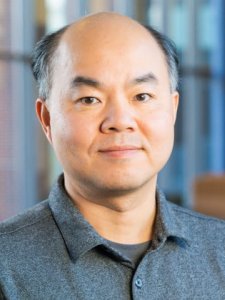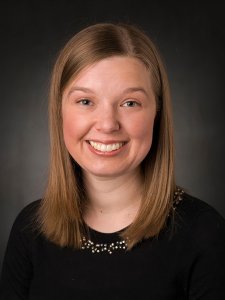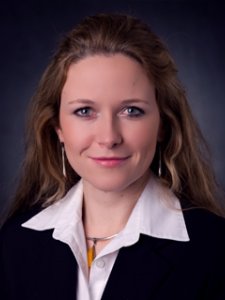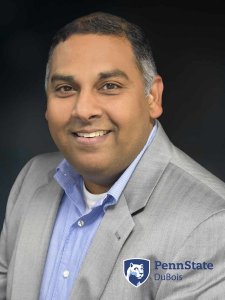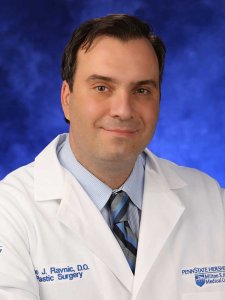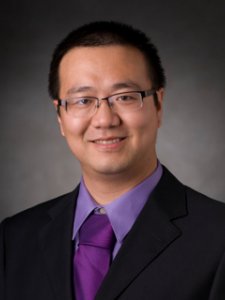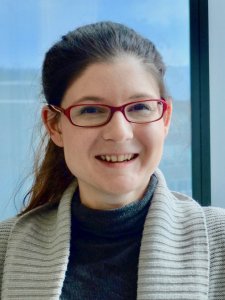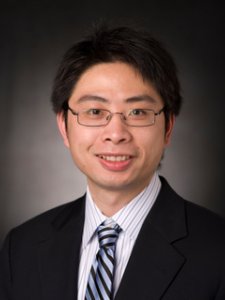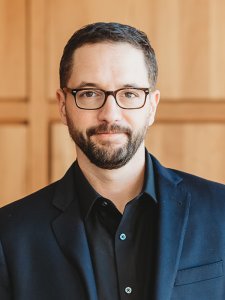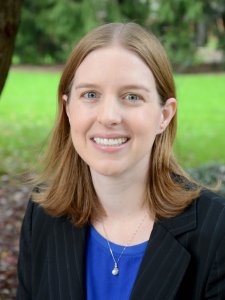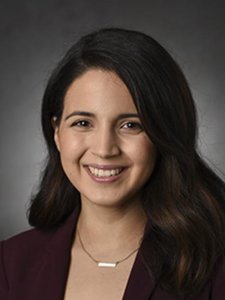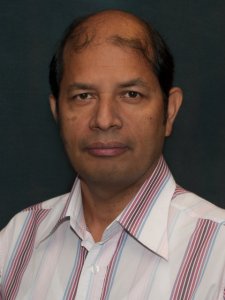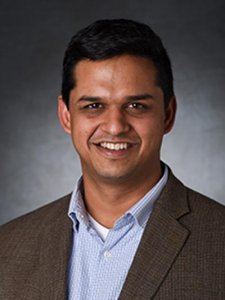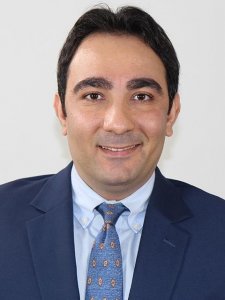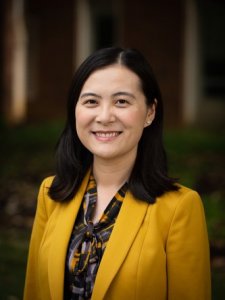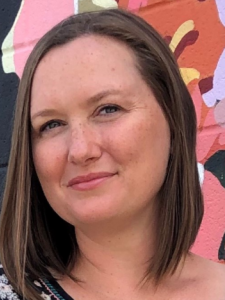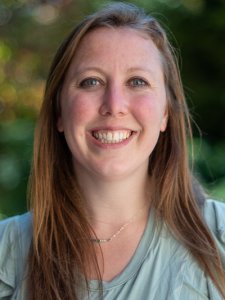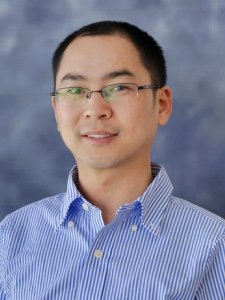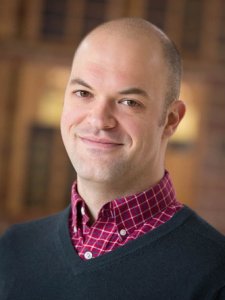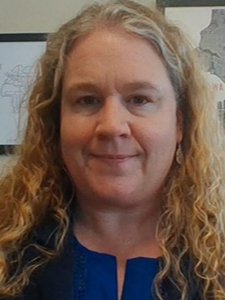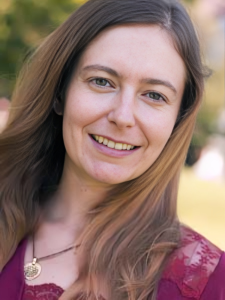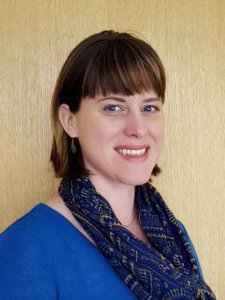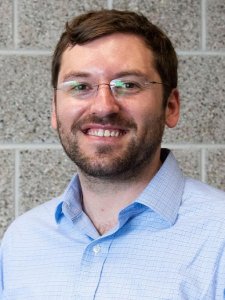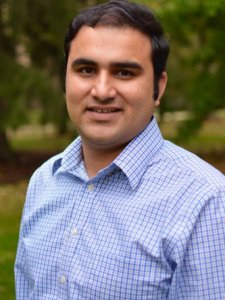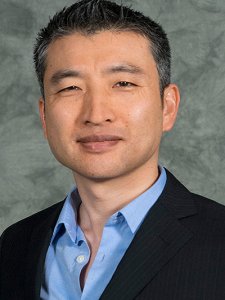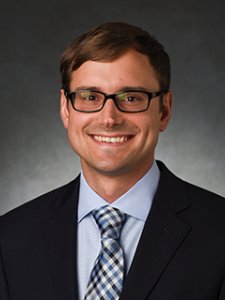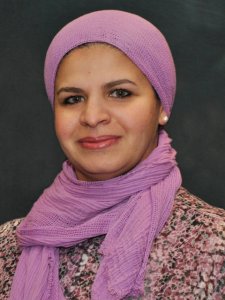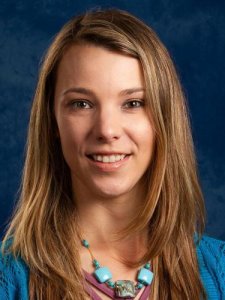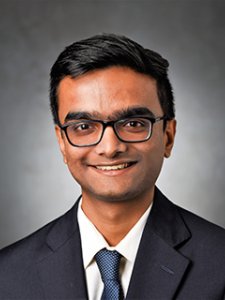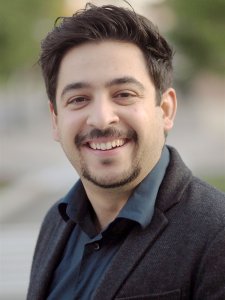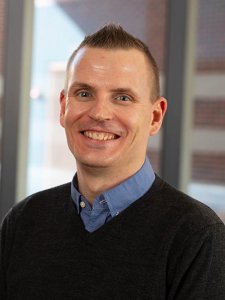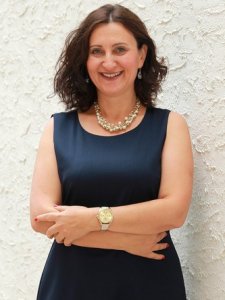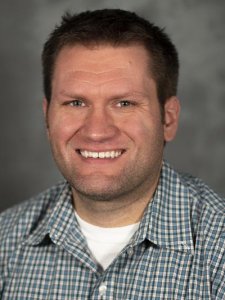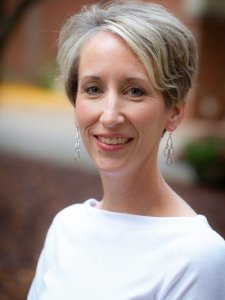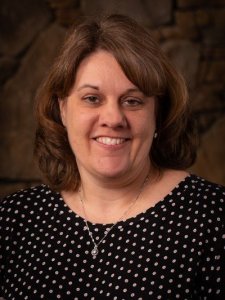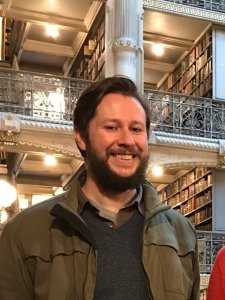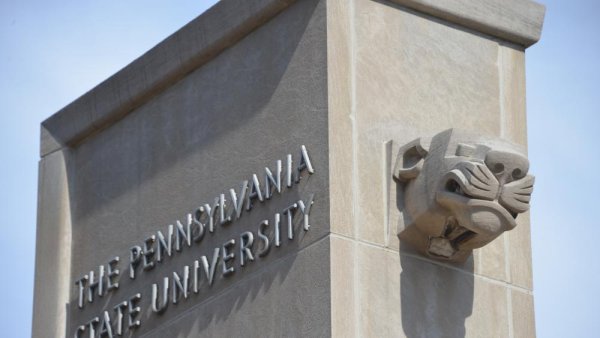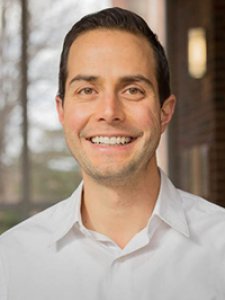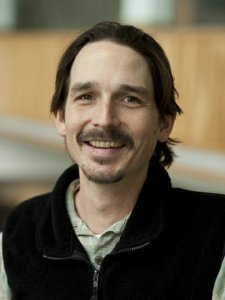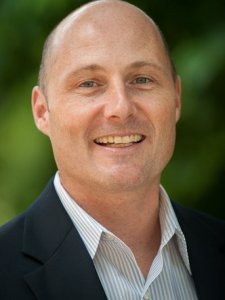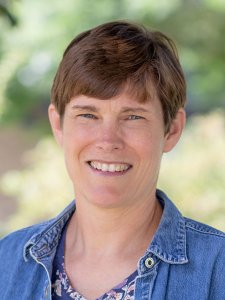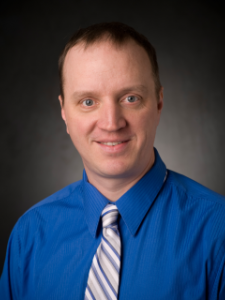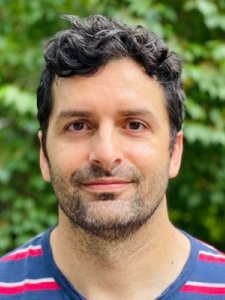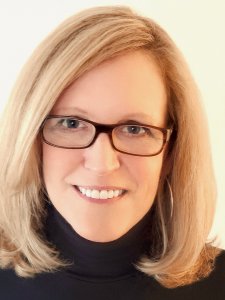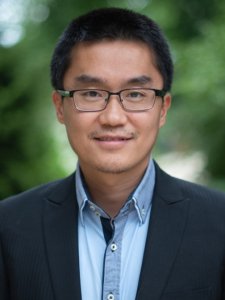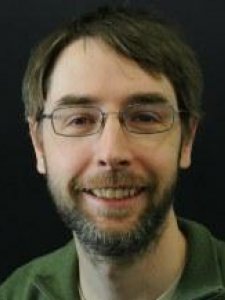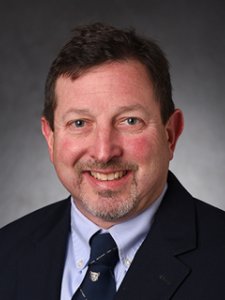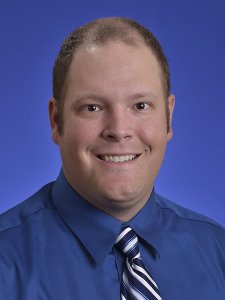Scientific diaspora symposium highlights US-Colombia collaboration
| psu.edu
The Colombian Scientific Diaspora Symposium, organized by the Colombian Graduate Student Community Association at Penn State, took place on May 5 and 6 at University Park. The event aimed to connect Colombian diaspora scientists in the United States and other international researchers interested in working in Colombia. The symposium agenda was designed to promote networking, to exchange experiences and initiate future collaborations.
Mentions
Penn State Cacao and Chocolate Research Network host Agroforest Workshop
| psu.edu
The Penn State Cacao and Chocolate Research Network successfully conducted an intersectional collaborative workshop focused on sustainable agroforestry systems with an emphasis on cacao and coffee production.
Mentions
How a group of scientists and moms are fighting back against climate change
| cbsnews.com
The Science Moms are working to protect the future of our kids and giving you the tools to demand change. Dr. Erica Smithwick, a professor at Penn State, joined us to talk about the group's important message.
Mentions
Growing Impact: Evaluating lighting efficiency (Preview)
| youtube.com
Episode release date: July 1, 2024. Lacking a standard unit for light measurement, scientists devised a spectral sensitivity curve in the early 20th century. This graph, representing an "average human observer," mathematically quantifies light. Though imperfect, it remains the standard today, but an update could significantly improve the energy efficiency of lighting.
Mentions
IEE seed grants awarded to 11 interdisciplinary projects
| psu.edu
Eleven interdisciplinary research teams have been awarded funding through Penn State's Institute of Energy and the Environment’s Seed Grant Program for 2024.
Mentions
-
Bruce Logan
-
Yuqing Hu
-
Guangqing Chi
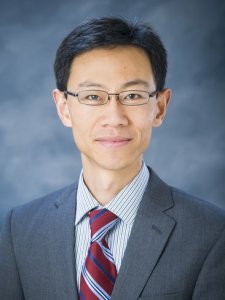 Guangqing ChiFormer Professor, Agricultural Economics, Sociology and Education
Guangqing ChiFormer Professor, Agricultural Economics, Sociology and Education -
Abebayehu N. Yilma
-
Jessica Myrick
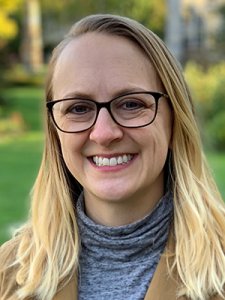 Jessica Myrick
Jessica Myrick -
Kristin Sznajder
-
Molly Bletz
-
Erika Machtinger
-
Justin Brown
-
Linxiao Zhu
-
Stephanie Law
Associate Professor and Norris B. McFarlane Faculty Career Development Associate Professor, Materials Science and Engineering -
Zhiqiang Mao
-
Kaitlyn Spangler
-
Aron Laszka
-
Vikash Gayah
-
Ilgin Guler
-
Lisa Iulo
-
Guido Cervone
-
Ute Poerschke
-
Jie Li
-
Ruohao Zhang
-
Zhen Lei
-
Jiawei Gong
-
Jie Zhao
Assistant Professor of Computer Science & Software Engineering, School of Engineering (Behrend) -
Nutifafa Yao Doumon
Assistant Professor and Virginia S. & Philip L. Walker Jr. Faculty Fellow, Materials Science and Engineering -
Belén Noroña
-
Rachel Brennan
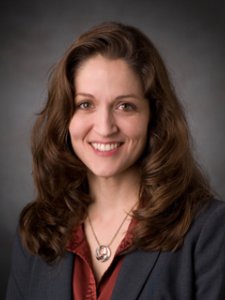 Rachel BrennanFormer Professor, Civil and Environmental Engineering
Rachel BrennanFormer Professor, Civil and Environmental Engineering -
Kaleigh Yost
-
Cibin Raj
-
Peter Stempel
-
Alfonso Mejia
-
Juan Pablo "JP" Gevaudan
-
Leonard Baatiema
 Leonard BaatiemaSchool of Public Health, University of Ghana
Leonard BaatiemaSchool of Public Health, University of Ghana -
Ernest Kenu
 Ernest KenuSchool of Public Health, University of Ghana
Ernest KenuSchool of Public Health, University of Ghana
Seed Grant Projects
'Growing Impact' discusses the complex underground process of carbon storage
| psu.edu
The latest episode of Growing Impact explores the process of injecting carbon dioxide underground and mineralizing it to permanently sequester the gas, a path toward reducing carbon emissions and mitigating climate change.
Mentions
-
Anne Menefee
Assistant Professor, John and Willie Leone Department of Energy & Mineral Engineering (EME) -
Yashar Mehmani
Seed Grant Projects
Architecture team receives grant to study 3D-printed sustainable materials
| psu.edu
With the support of a seed grant from the Living Multifunctional Materials Collaborative Seed Grant Program through the Convergence Center for Living Multifunctional Material Systems at Penn State, an interdisciplinary Penn State team is working with researchers at the University of Freiburg in Germany to explore the durability and strength of sustainable 3D-printed building components made with mycelium, the root of fungus.
Mentions
Growing Impact: Underground carbon storage
Storing carbon dioxide underground could offset the record amounts of CO2 that humans emit each year. If this technology is successful, it could be an answer to climate change impacts, such as rising temperatures and acidification of the ocean. However, the process is complex and costly. A team of researchers is exploring one way liquid CO2 could be injected into rock formations, which may efficiently convert the molecule into a solid.
Seed Grant Projects
Mussels downstream of wastewater treatment plant contain radium, study reports
| psu.edu
A pair of researchers from Penn State’s Department of Civil and Environment Engineering analyzed the composition of mussels downstream of a wastewater treatment facility in Western Pennsylvania that had accepted and treated fracking wastewater, and found that the tissue and shells of mussels contained radium. Their findings are available online now and will appear in the June issue of Science of the Total Environment.
Mentions
Seed Grant Projects
Youth perspectives study on sustainability funded by EMS Sustainability Council
| psu.edu
Researchers in Penn State’s Department of Geography have been awarded $12,000 in funding from the College of Earth and Mineral Sciences (EMS) Sustainability Council for their project, "Youth Perspectives on Sustainability in the College of EMS."
Mentions
Penn State announces tenure-line faculty promotions, effective July 1, 2024
| psu.edu
The following is a list of academic promotions for tenured and tenure-line faculty members at Penn State, effective July 1, 2024.
Mentions
-
Justin Brown
-
Joseph Cotruvo
 Joseph Cotruvo
Joseph Cotruvo -
Paul Esker
-
Corey Gracie-Griffin
-
Elizabeth Hajek
-
Lisa Iulo
-
Janelle Larson
-
Zhen Lei
-
Robert Leicht
-
Stephen Lynch
-
Yingwei Mao
-
Esther Obonyo
-
Heather Preisendanz
-
Aleksandra Radlinska
-
Ramakrishnan Rajagopalan
-
Dino Ravnic
-
Anthony Robinson
 Anthony Robinson
Anthony Robinson -
Chaopeng Shen
-
Lauren Zarzar
-
Minghui Zhu
-
Saeed Abdullah
 Saeed Abdullah
Saeed Abdullah -
Daniel Allen
-
Sarah Allen
-
Andrea Argüelles
-
Abu Asaduzzaman
Associate Professor of Chemistry, Science, Engineering, & Technology, School of Science, Engineering & Technology (Harrisburg) -
Saurabh Basu
Associate Professor, Harold and Inge Marcus Department of Industrial and Manufacturing Engineering -
John Boney
 John Boney
John Boney -
Mohamad Darayi
-
Francesco Di Gioia
-
Elizabeth Elacqua
-
Linlin Fan
-
Lindsay Fernández-Rhodes
-
Melissa Gervais
-
Jiawei Gong
-
Long He
-
Kevin Hockett
-
Louisa Holmes
-
Sarah Ivory
-
Melissa Kreye
-
Christopher Kube
-
Anil Kumar Chaudhary
-
Mehrdad Mahdavi
-
Masataka Okutsu
-
Gregory Pavlak
-
Ola Rashwan
Associate Professor in Mechanical Engineering, School of Science, Engineering & Technology (Harrisburg) -
Megan Schall
-
Abhronil Sengupta
-
Amir Sheikhi
-
Danielle Smarsh
 Danielle Smarsh
Danielle Smarsh -
Troy Sutton
-
Charles White
 Charles White
Charles White -
Suzanna Windon
-
Amulya Yadav
 Amulya Yadav
Amulya Yadav -
Colin Zarzycki
-
Jodi Sulpizio
-
Susan Boser
-
Leanna Duppstadt
 Leanna Duppstadt
Leanna Duppstadt -
Justin Mansberger
 Justin Mansberger
Justin Mansberger -
Nicole Santangelo Thompson
 Nicole Santangelo Thompson
Nicole Santangelo Thompson -
Tom Butzler
-
Ann Killebrew
 Ann Killebrew
Ann Killebrew -
Ben Goldman
Sally W. Kalin Associate Librarian for Technological Innovations and Digital Records Archivist, University Libraries - University Park -
Douglas Wolfe
Associate Vice President for Research and Director of Strategic Initiatives, Office of the Senior Vice President for Research
Penn State announces non-tenure-line faculty promotions, effective July 1, 2024
| psu.edu
The following is a list of non-tenure-line faculty promotions at Penn State, effective July 1, 2024.
Mentions
-
Noel Habashy
-
Eric Burkhart
-
Mark Gagnon
-
Kathleen Hill
 Kathleen Hill
Kathleen Hill -
Kathy Shaffer
-
Jeff Shallenberger
 Jeff Shallenberger
Jeff Shallenberger -
Steve Bloser
-
Julia Cole
 Julia Cole
Julia Cole -
Ángel Ferrero-Serrano
-
Maurie Kelly
-
Jesse Kreye
-
Wenjie Li
-
Allyson Muth
-
Anthony Richardella
-
Tawanda Zimudzi
 Tawanda Zimudzi
Tawanda Zimudzi -
Jules Lindau
-
Daniel Eaton

